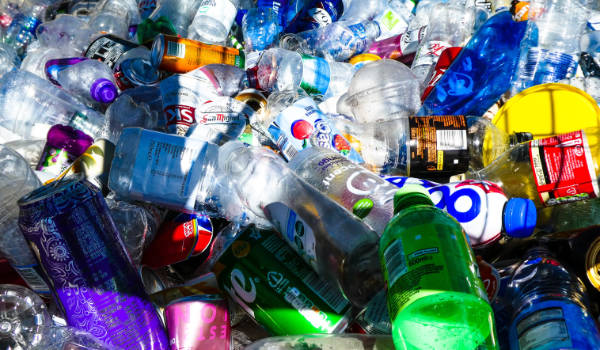I'm part of a science team, which is an interdisciplinary group of people, including ecologists, people who understand finance systems, and people like myself, who are organisational scientists, accounting people, people who understand corporate reporting.
So there's a big science team that works in partnership through something called SeaBOS, which is the Seafood Business for Ocean [Stewardship], which is a group of the ten largest seafood companies on the planet, who have got together collaboratively in a pretty competitive way to sort out some of their big issues. Those big issues include illegal fishing, forced labour in supply chains, antibiotic resistance in seafood production, plastics in the ocean, and climate change. All of those core sustainability issues that come to the fore.
So, we work with them to help provide summaries of science so that the chief executives and their operational teams are able to do things. They then also make a lot of actions on the results of, well, partly because of what they want to do and partly because of our science. And we then research how they undertake those actions and how do they come to realise the benefits. So there's the science for SeaBOS, then there's the science of SeaBOS. And then the final element of that project is that our working hypothesis is, if these ten really large and powerful companies change, then the whole system changes around them.
So we call them Keystone actors, and we are looking to see if we can engender, through science input, a change in the whole seafood system, because they buy and sell with everyone. They operate across the globe. They have hundreds of employees and some hundreds of subsidiaries between them.
For me, personally, I think my research is going to sort of have two elements to it. One of the big elements that I've been working on, particularly in partnership with the seafood companies, is forced labour and extended supply chains. And it's a really tricky question, because it's something which is illegal, which is hidden, and also involves often some criminality in terms of, you know, you don’t accidentally end up in forced labour. Somebody makes it happen for you.
So I think there's a bunch of my work that's going to be looking at how do you deal with things that are really nasty, because our traditional audit and accounting and due diligence processes can't very easily capture hidden and bad, bad, bad things.
I think the second half of my work will be trying to provide points of translation for colleagues.
So, I'm what you would call a social environmental accountant. Our whole field probably started in about 1990, and at that time, the mainstream of accounting and finance didn't find us at all relevant. And indeed, at that time, I don't think it was evident that we were going to become relevant. Whereas now, in 2020 and beyond, these kind of questions are central to business organisations. So that means that the last 30 years of experience in my field needs to be codified and re-imagined and brought into the mainstream, so people can start from here rather than start from 30 years back. So, quite a bit of my work is how do I construct stories and information that will help mainstream researchers pick up issues about biodiversity, climate change or forced labour, and move forward from them?



.jpg)
(2).jpg)





.jpg)


